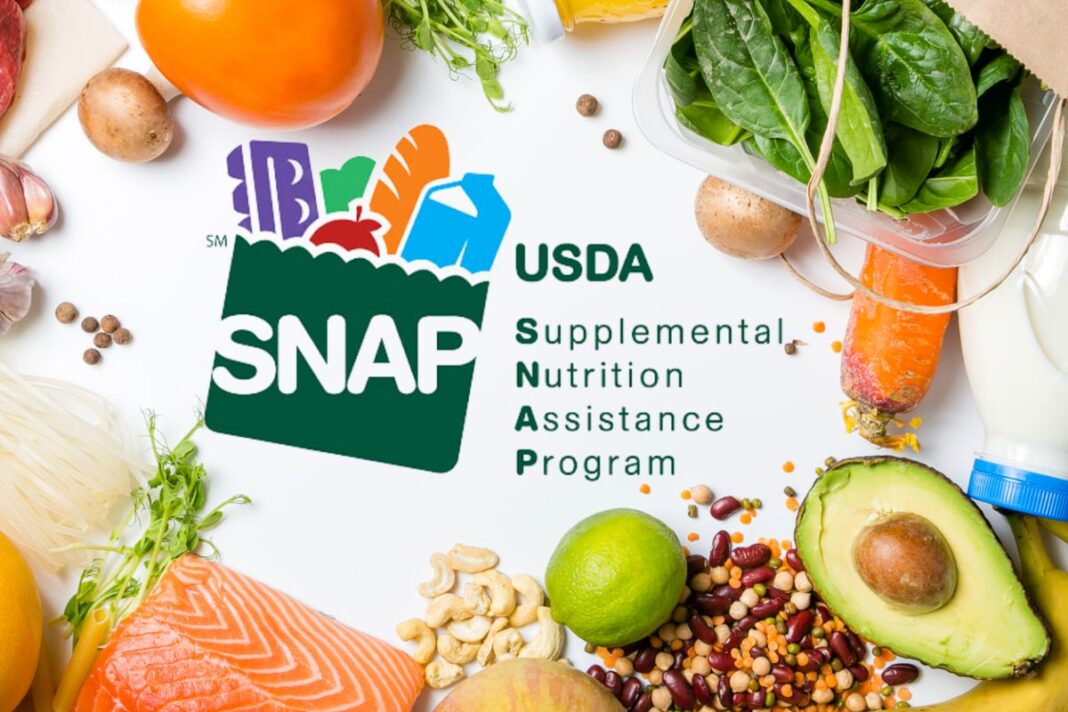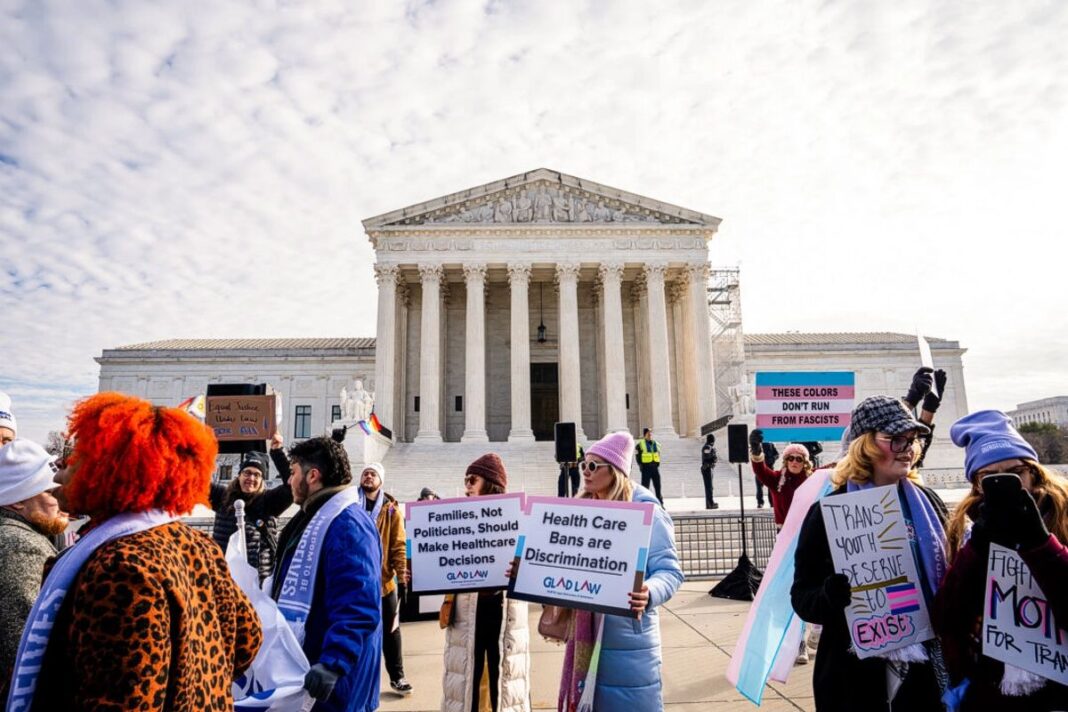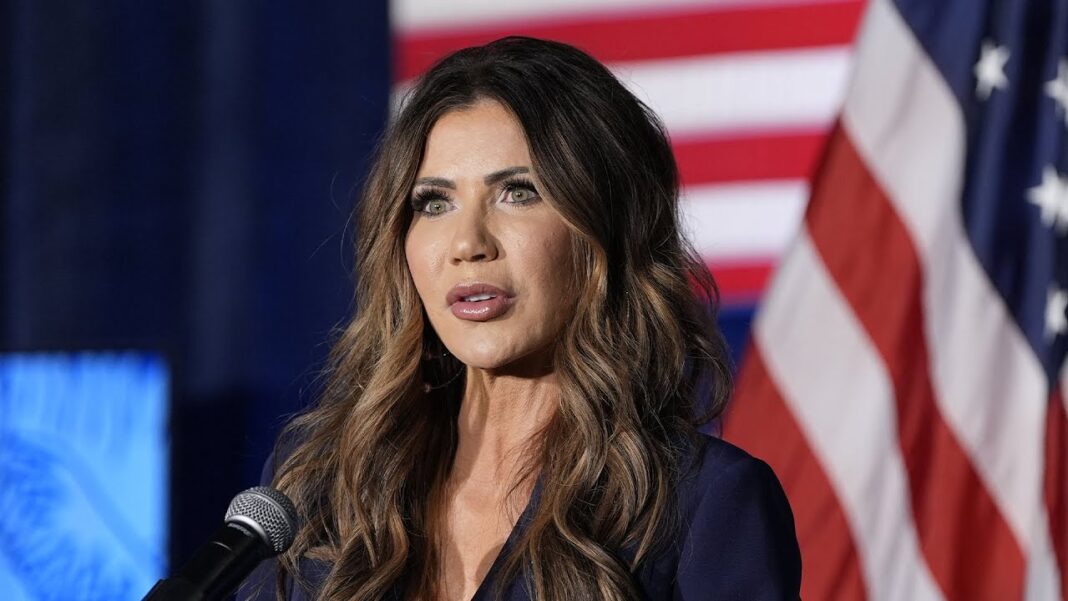A federal district judge previously ordered full funding of the program, and a federal appeals court turned down the government’s request to stay that order.
The U.S. Supreme Court issued a late-night order Nov. 7 temporarily pausing a lower court’s order requiring the federal government to fully fund food stamps in November after a federal appeals court declined to do so.
Justice Ketanji Brown Jackson issued an administrative stay, which gives a court more time to consider an urgent case. The case is Rollins v. Rhode Island State Council of Churches.
Jackson, who oversees urgent appeals related to cases from Rhode Island, said the government stated that “without intervention from this Court, they will have to ‘transfer an estimated $4 billion by tonight’ to fund SNAP benefits through November.”
The government’s emergency application came hours after a federal appeals court declined to issue an emergency stay pausing a judge’s order that required the federal government to fully fund food stamps through November.
The food stamps program is formally known as the Supplemental Nutrition Assistance Program (SNAP).
The U.S. Court of Appeals for the First Circuit ruled earlier on Nov. 7 against the government’s request for an administrative stay.
However, the circuit court said the government’s motion for a stay during its appeal of the district court’s order “remains pending.”
“We intend to issue a decision on that motion as quickly as possible,” the order said.
In her new order, Jackson said the administrative stay was “required to facilitate the First Circuit’s expeditious resolution of the pending stay motion.”
The Supreme Court’s administrative stay will end 48 hours after the First Circuit rules on the government’s stay motion, which the circuit court “is expected to issue with dispatch.”
On Nov. 6, Judge John McConnell Jr. of the U.S. District Court for the District of Rhode Island directed the U.S. Department of Agriculture (USDA) to pay states the money by Nov. 7 for distribution to the nation’s roughly 42 million SNAP recipients.
“People have gone without for too long. Not making payments to them for even another day is simply unacceptable,” McConnell said.
USDA officials declined to fund SNAP amid the government shutdown, arguing that they could not use contingency money or revenue from tariffs for the program.








